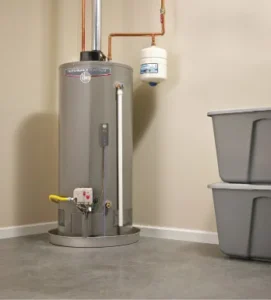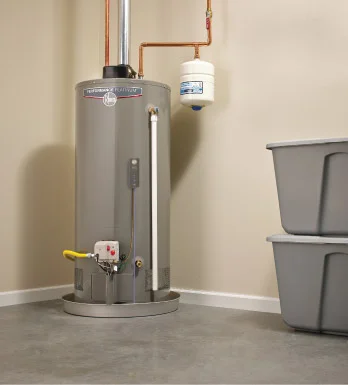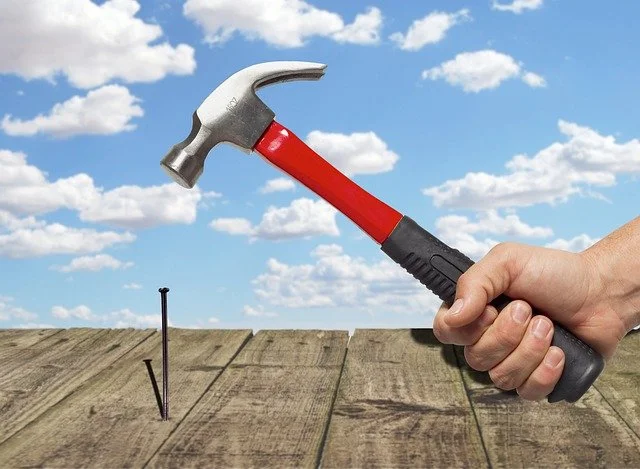Water Heater Installation should be done by a professional. A qualified plumber can install your new water heater properly and follow local building codes. Here are some of the steps involved in water tank installation. You must follow these steps to ensure a proper installation. In addition to hiring a plumbing specialist, you must also follow the instructions carefully to avoid any problems with the unit.

If you’re installing your own water heater, make sure you follow the instructions provided by your professional installer. If you don’t know how to install your new unit, you can visit the website of the International Association of Certified Home Inspectors (InterNACHI). This website has thousands of photos showing proper water heater installation. It’s a great resource for homeowners and plumbers alike. Their equipment is backed by a 5-year guarantee and excellent customer service.
A qualified plumber should be able to connect the water heater’s discharge tube. When a plumber is not available, they can use a pipe cutter to make the connections. It’s important to make sure that the ends of the pipe are clean and free of burrs because this will prevent leaking. Fluxing the joints will also ensure that they are water-tight. During water heater installation, the pipes must be attached securely to the tank and should be secured with the hoses.
Before you can install a water heater, it’s important to know how much it costs. Depending on the size and model of your water heater, labor costs can range from $150 to $1,800. Most plumbers will give you a fixed rate for the job, which includes the materials and the labor. If you need to hire a plumber for gas or electrical hookups, you’ll need to pay an electrician for at least one hour. If you want to do this yourself, expect to pay between $500 and $1,800. Additional fees may include permits and carpentry work.
A water heater installation can be a complex process. You may need a professional plumber or a licensed plumber installer. A licensed plumber will be able to provide you with the right type of hot water system for your home. You may also need to change the vent connection in your home if the old one is outdated. If you’re replacing a water heater, you need to follow local ordinances and codes. If you can’t install a new one yourself, you should hire a plumber.
There are several things to consider before hiring a professional. The cost of a plumber will vary depending on your location and the type of water heater you’ve chosen. You must consider if you have a gas line in your home. It will cost you about $200 per month. It is important to follow local ordinances regarding gas hookups. You can also call a plumber for your water heater installation if your home is already wired.
If you need to change the code, you must consult the building department before you install a new water heater. You may need to change the gas and wiring connections for the new water heater. Some areas allow you to handle these tasks yourself, but it is important to follow local rules and regulations for safety. You may also have to consult a plumber to get your new water heater installed in the right location. You must contact your city’s building department if you want to make changes to the gas and wiring connection.
The price of water heater installation is not included in the sale price. Many big box stores will try to pass off the cost of installation as the main component. You’ll need to check local building codes before you purchase a water heater. Some areas may not have this requirement. If you’re unsure of the building code, ask a plumber to do the work. After all, you’re not the only one in your home who will benefit from the new water heater.


